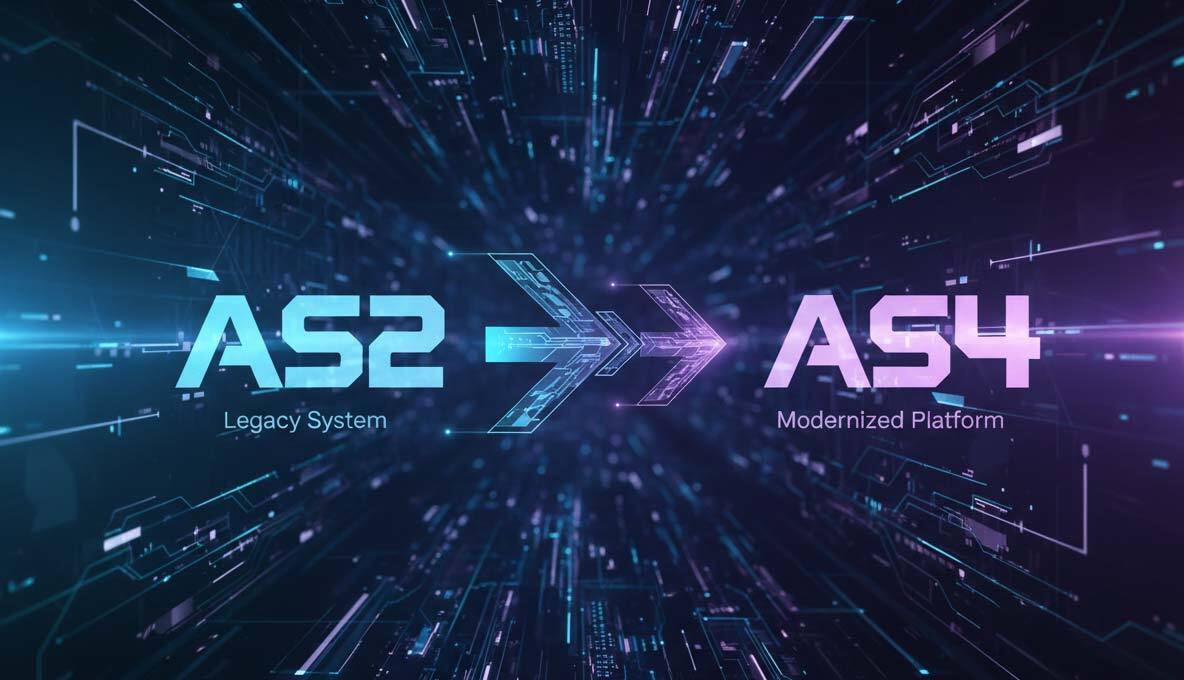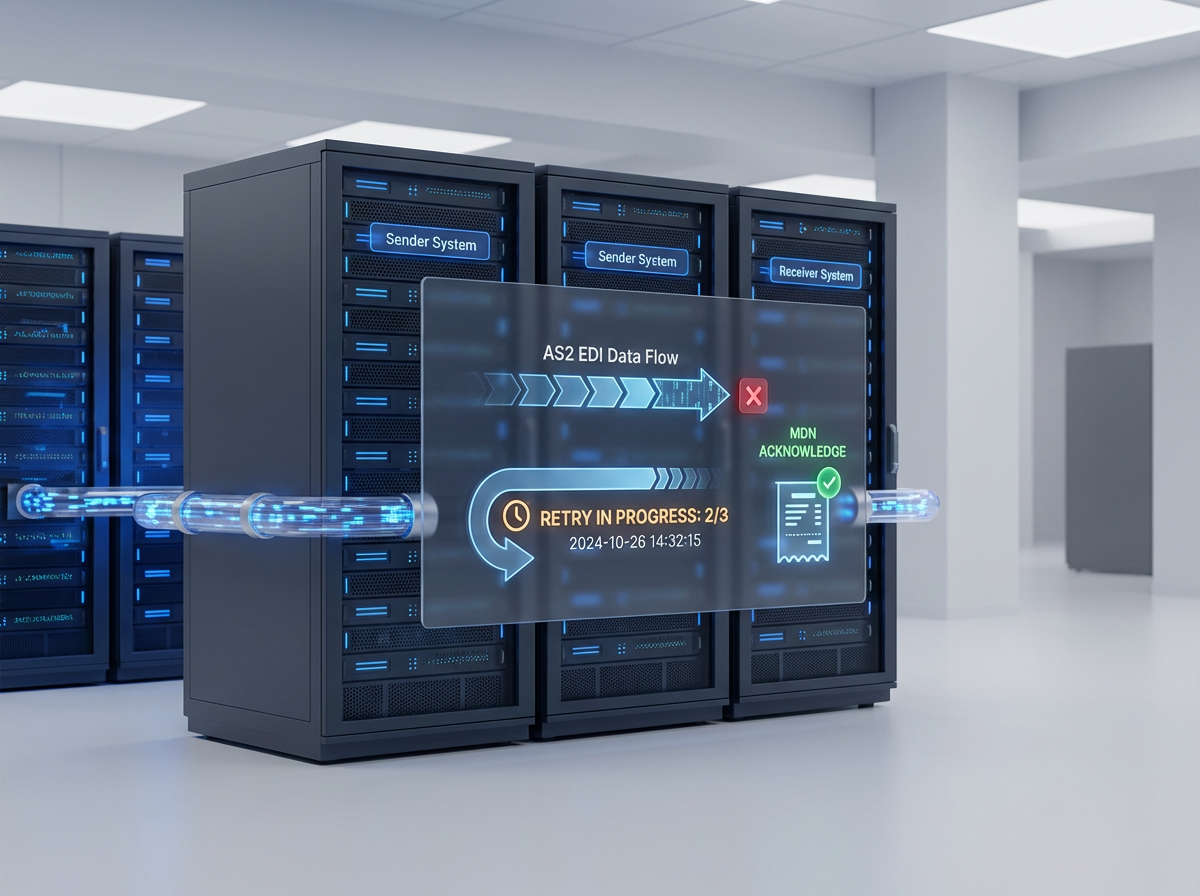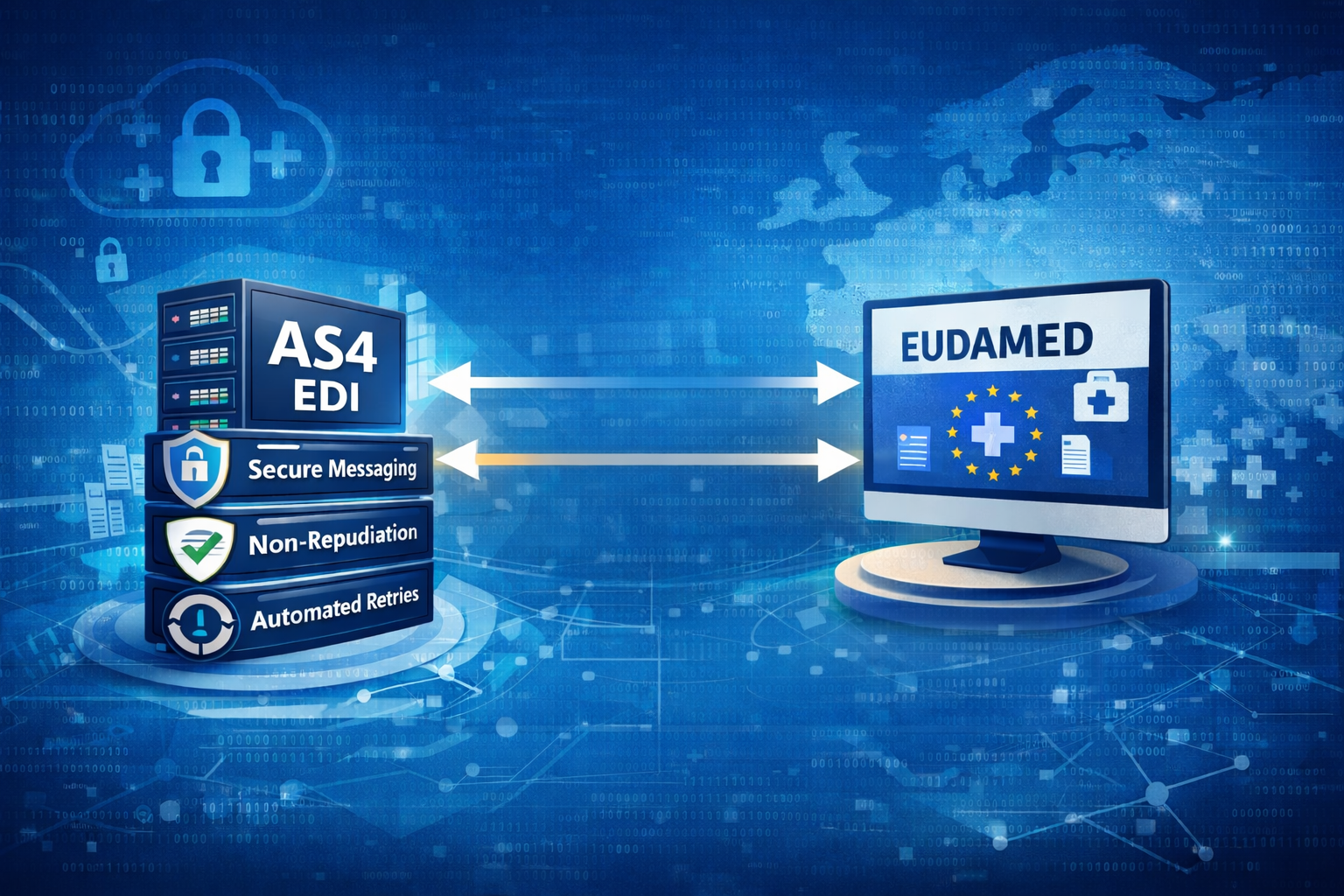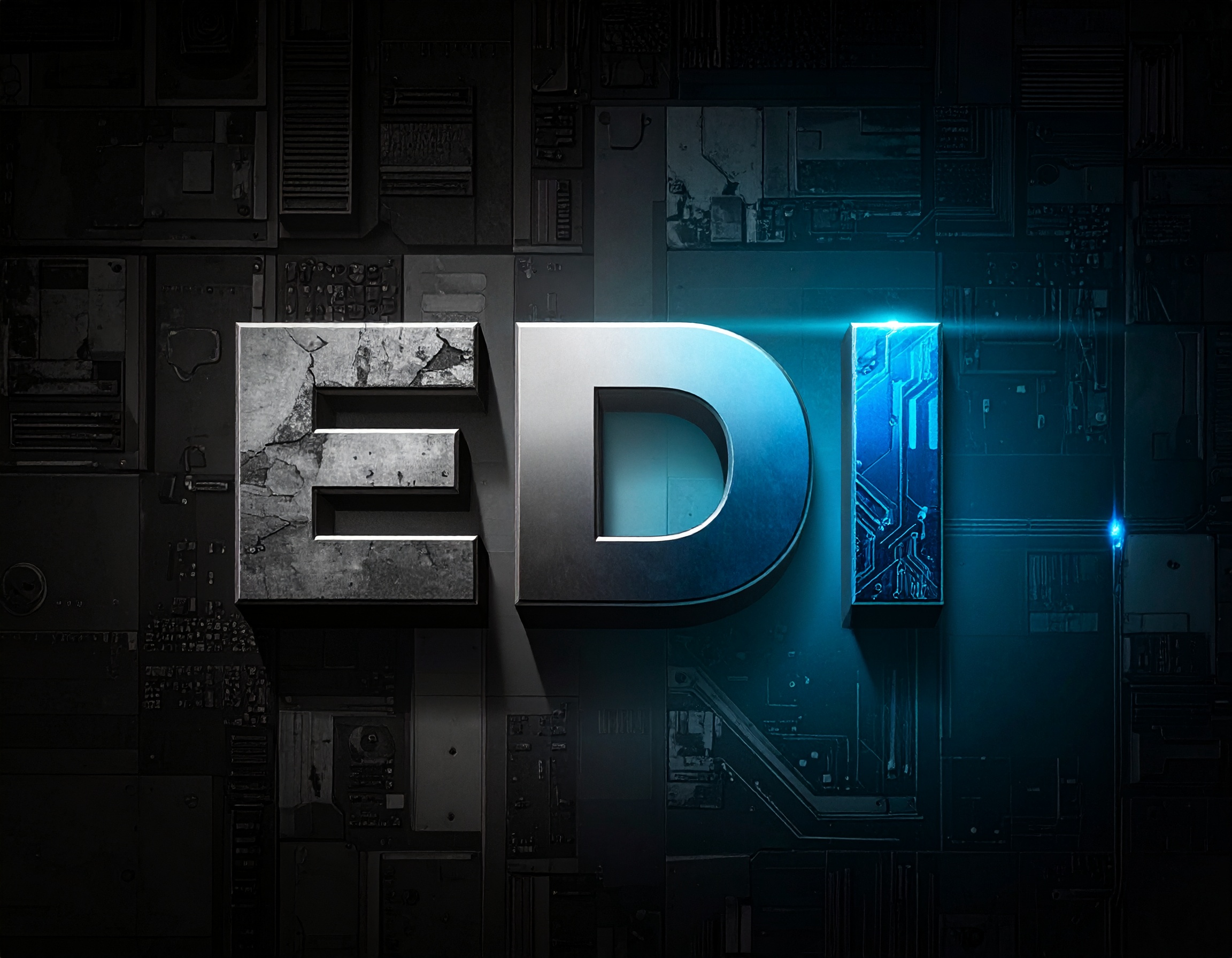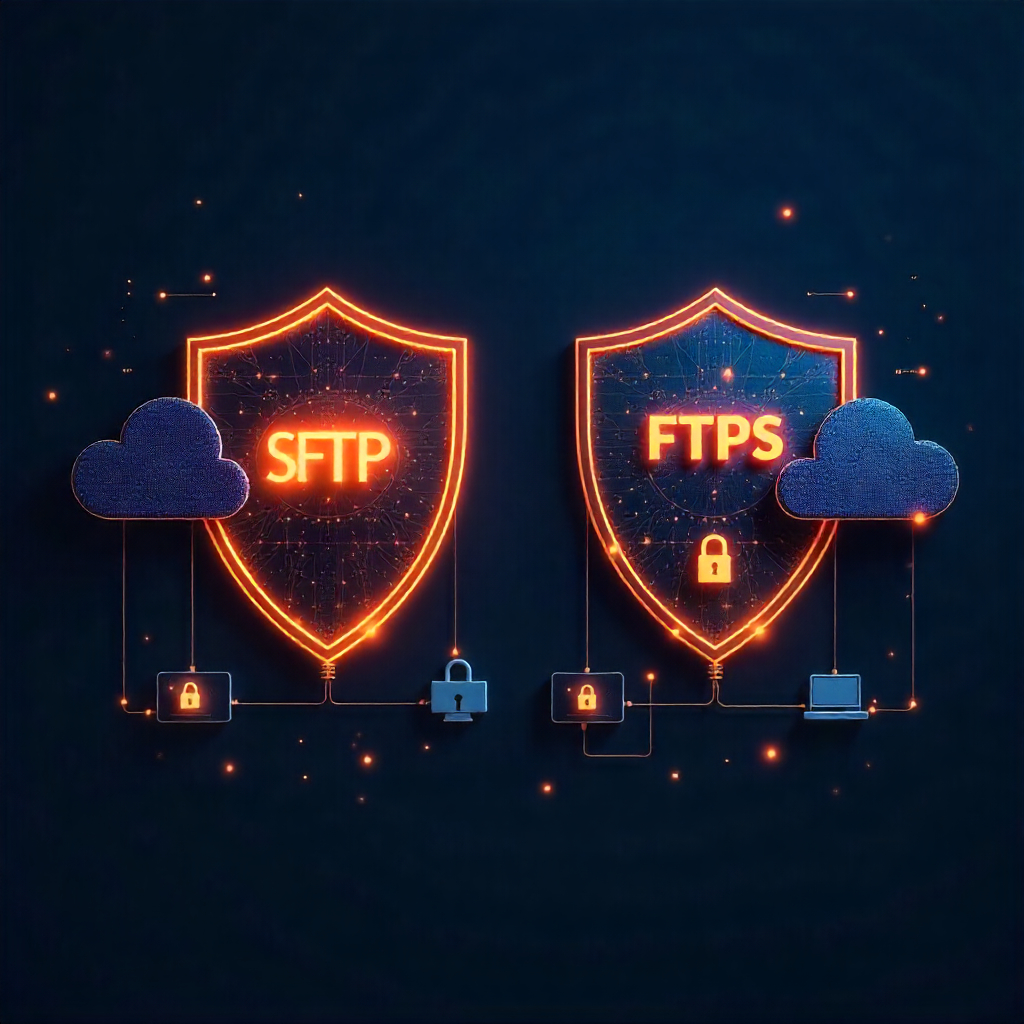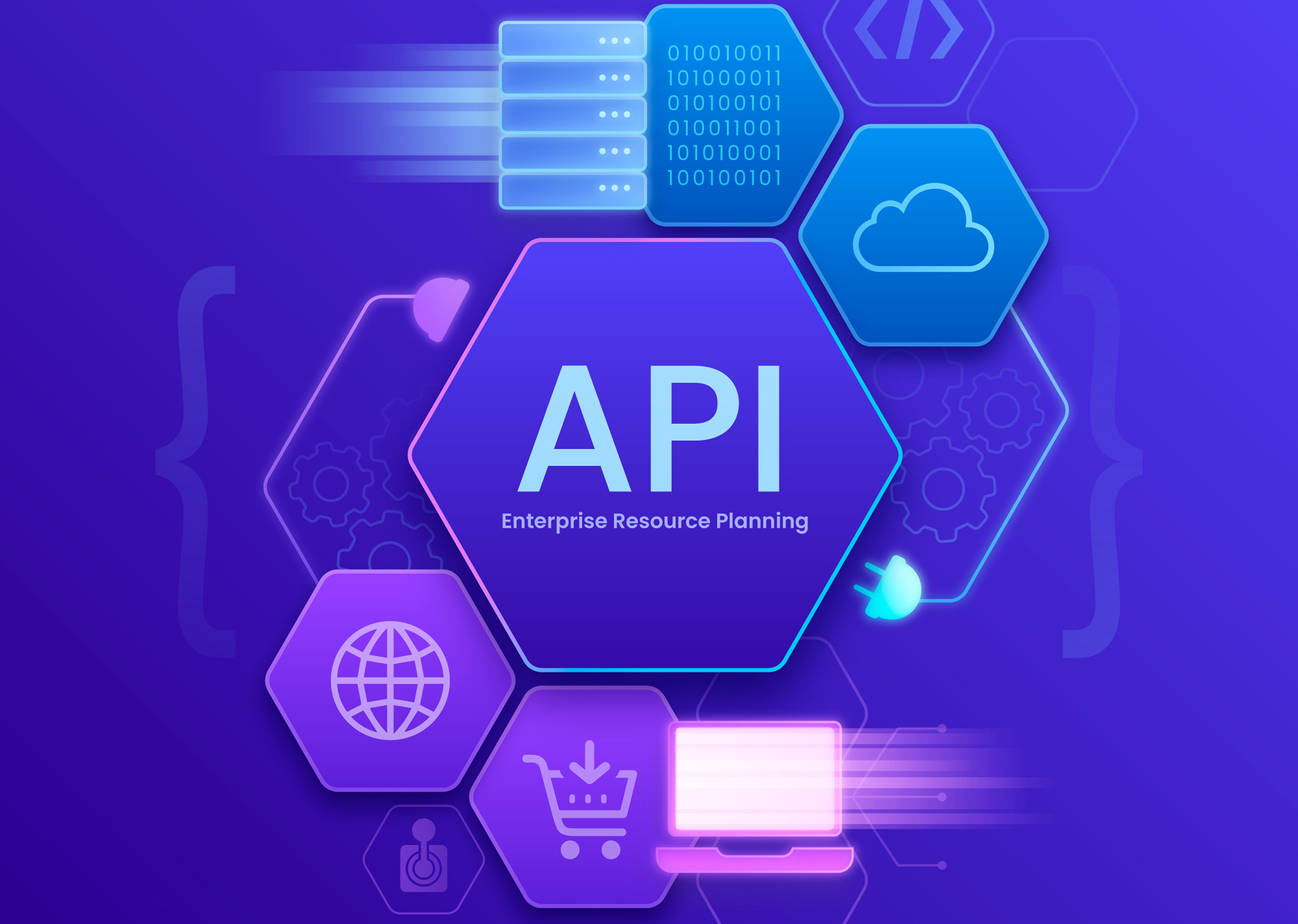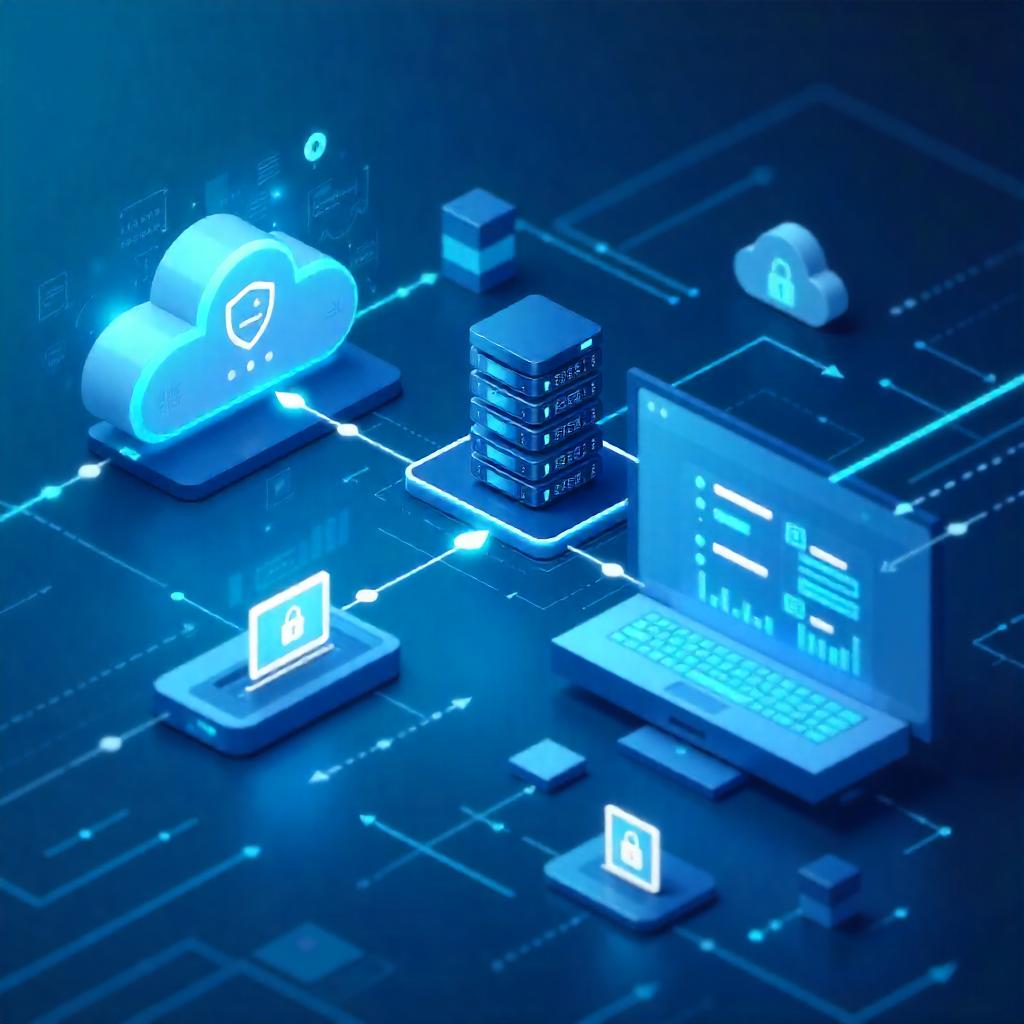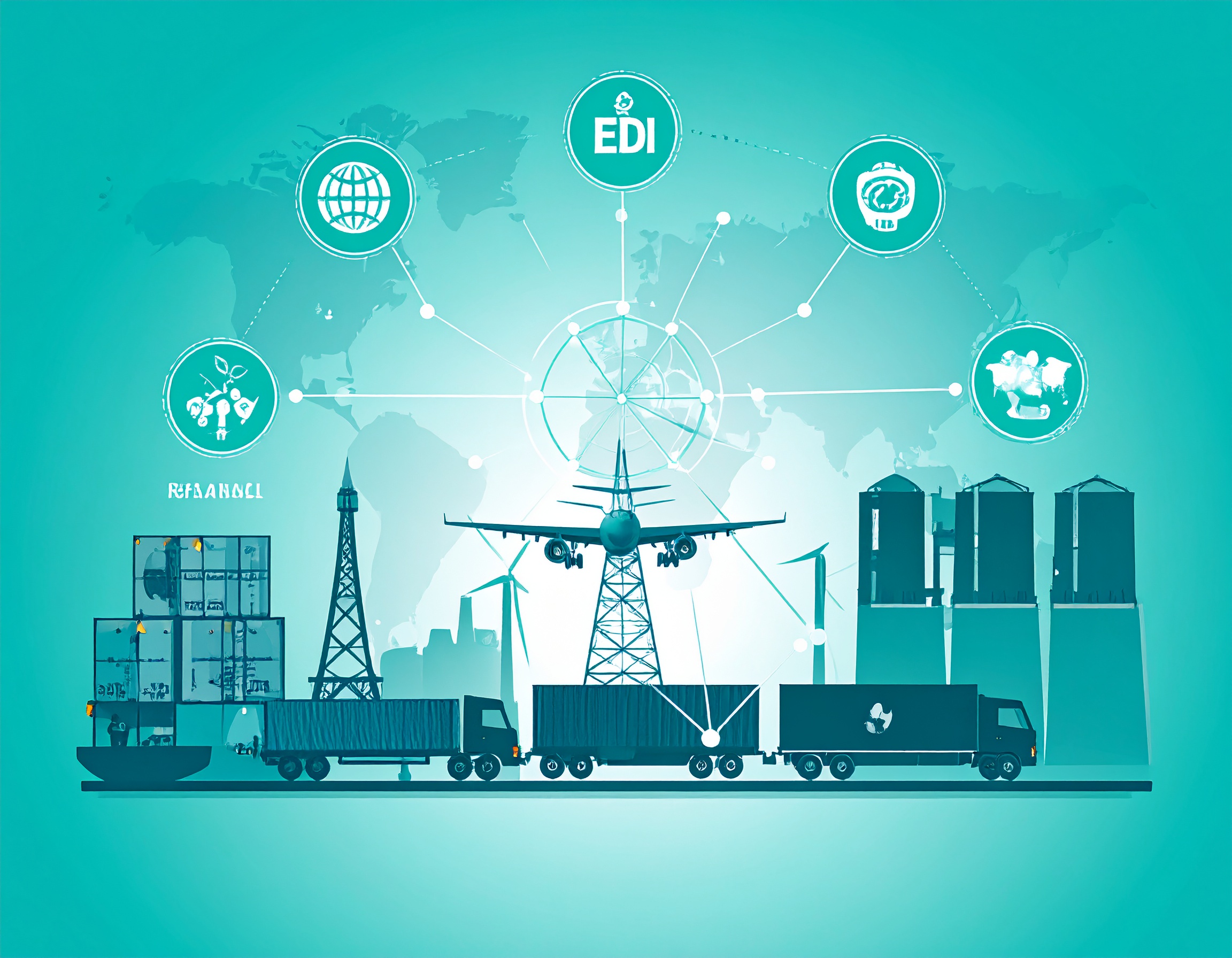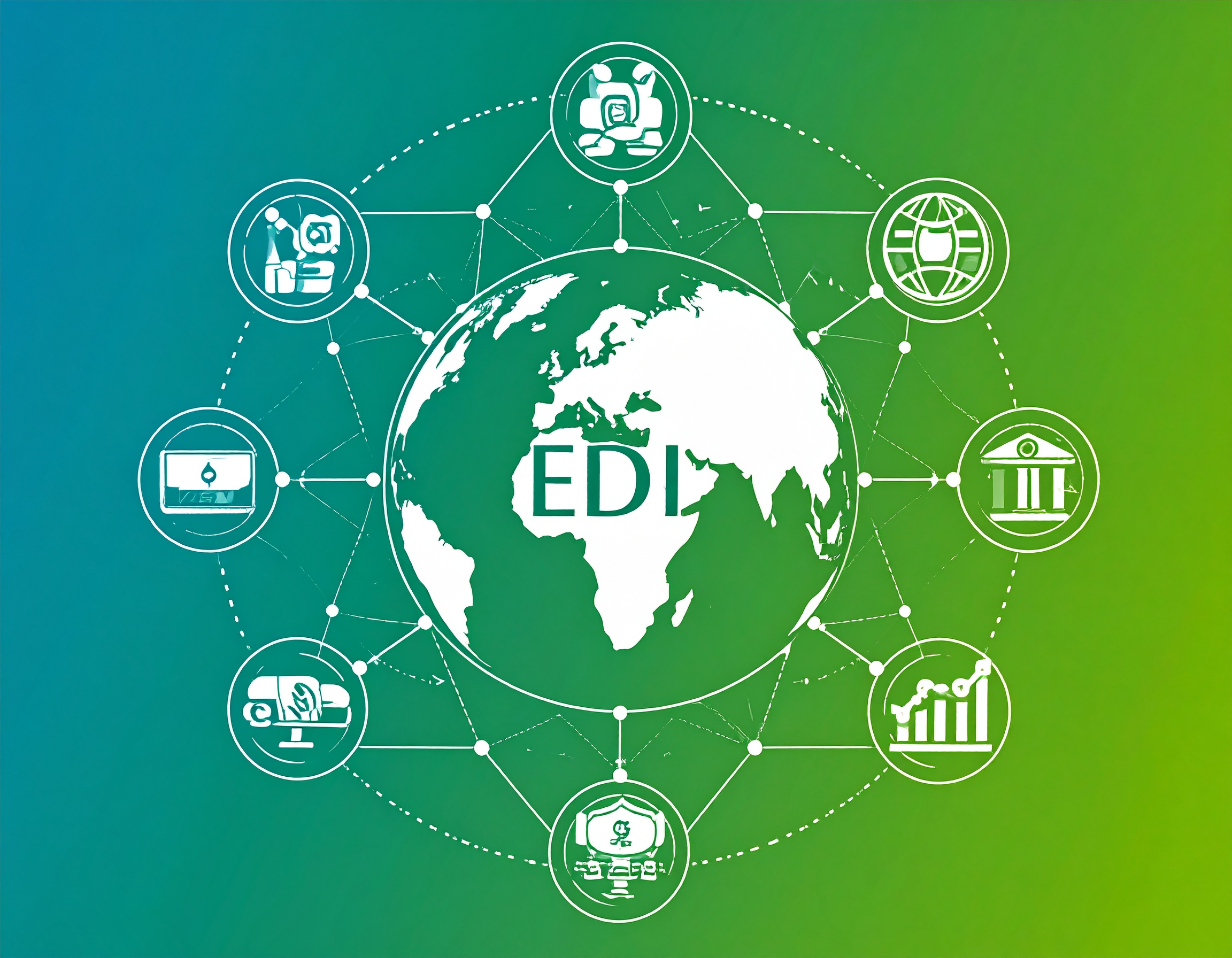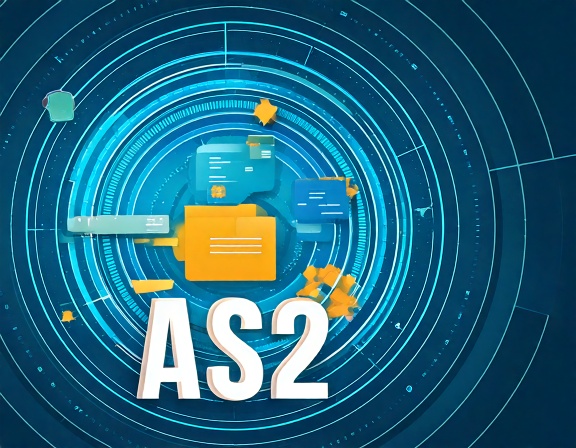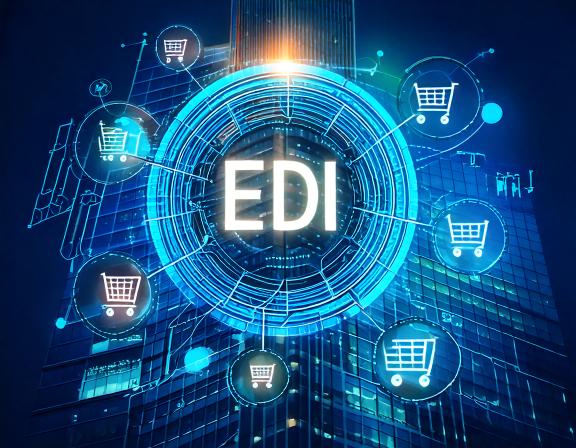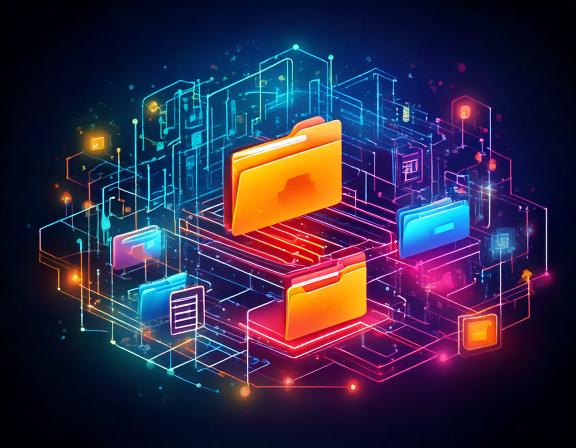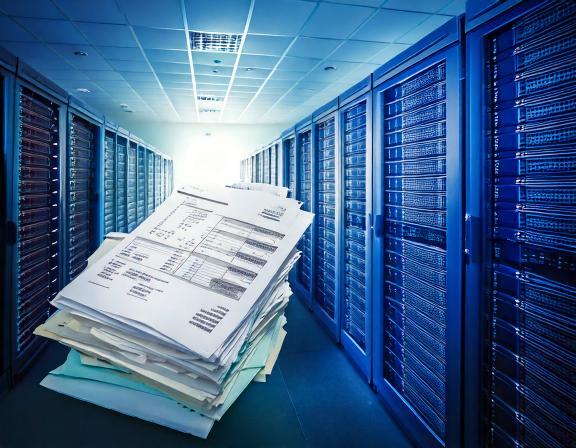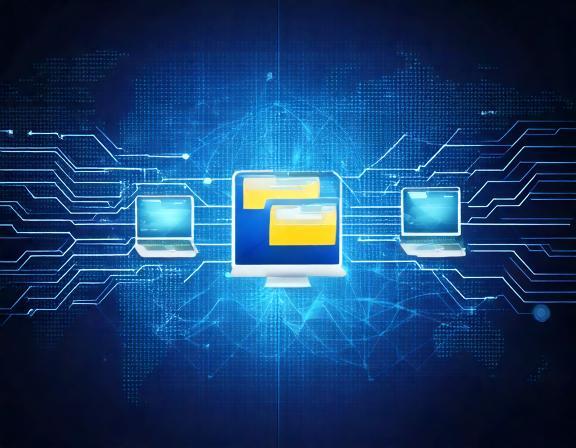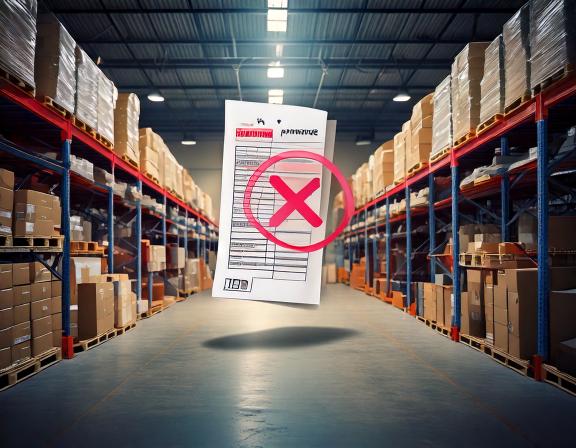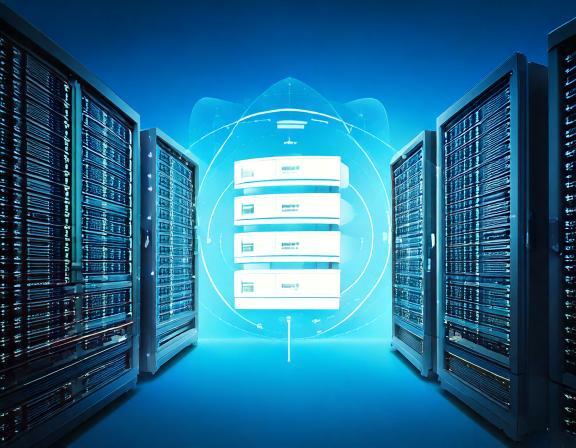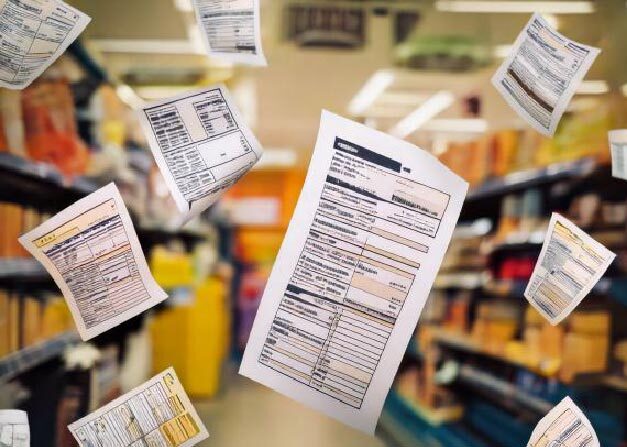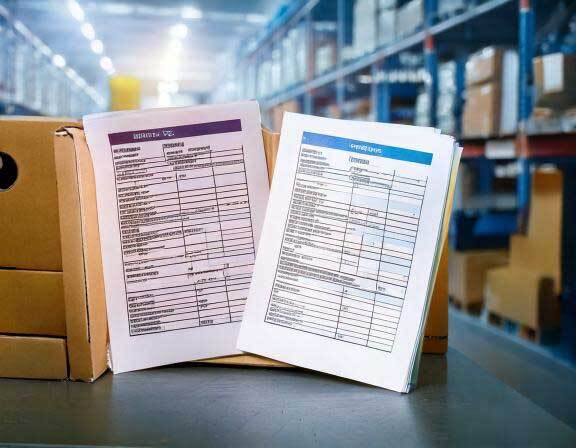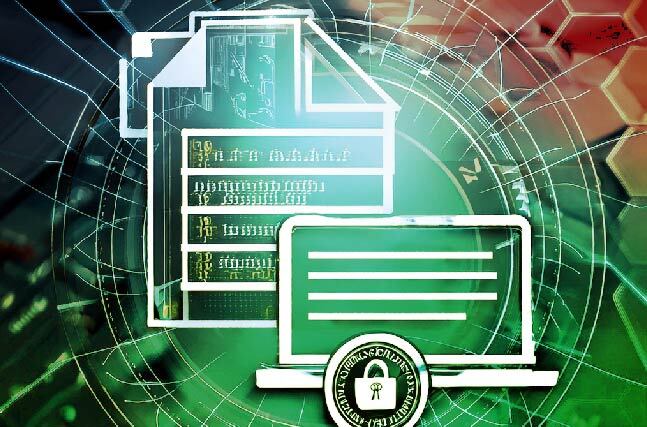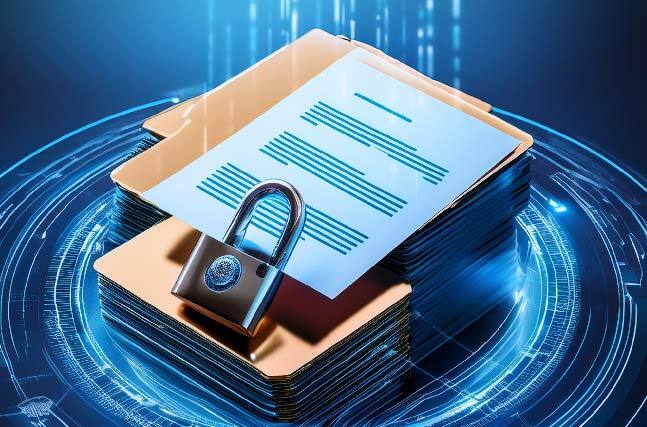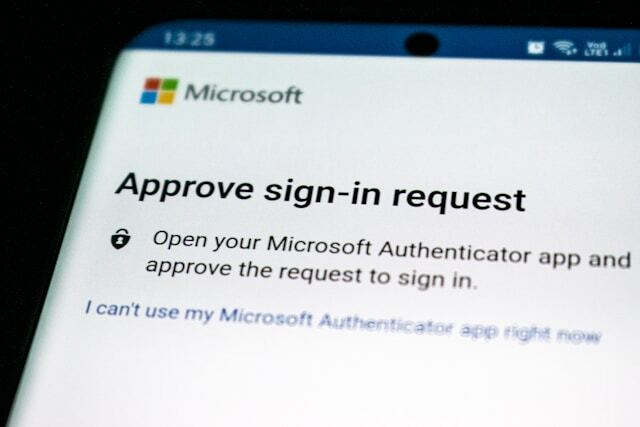MFT Gateway is a hosted Software as a Service (SaaS) solution that enables file exchange over the AS2 or SFTP protocol, without the need to install or maintain.
- Blog
- Most Common EDI Transaction Codes by Industry
EDI
Most Common EDI Transaction Codes by Industry
Explore the most used EDI transaction codes by industry. See key EDI documents for retail, healthcare, logistics, manufacturing, and automotive.

Sandeepani Rathnayaka
Published: 22 May 2025

If your business uses EDI (Electronic Data Interchange), you’ll come across many different codes. These codes represent documents like purchase orders, invoices, and shipping notices that are shared electronically between companies. But not all industries use the same codes. Each industry has its own set of EDI documents that support daily operations smoothly. In this blog, we’ll look at some of the most common EDI codes, organized by industry. You’ll get a better idea of which EDI documents are most important for your business and how they’re used.
What are EDI Transaction Codes?
EDI transaction codes are three-digit identifiers that specify the type of document being exchanged. These codes follow ANSI X12 standards and help companies automatically transfer structured business data between systems.
For example:
-
EDI 850 – Purchase Order
-
EDI 810 – Invoice
-
EDI 856 – Advance Ship Notice
Let’s look at the most relevant codes by industry.
Common EDI Codes by Industry
Retail Industry
Retailers use EDI to manage orders, shipments, invoicing, and payments efficiently.
EDI 850 – Purchase Order Used by buyers to place an order with a supplier. It includes details such as item numbers, quantities, pricing, and delivery instructions.
EDI 810 – Invoice An electronic version of a traditional invoice. It includes the invoice number and date, product and pricing details, shipping information, and customer identification. Sent in response to a purchase order or after a shipment notice is issued.
EDI 856 – Advance Ship Notice (ASN) Sent to notify the buyer that goods have shipped. It includes shipment tracking data, item quantities, packaging information, and expected delivery times.
EDI 997 – Functional Acknowledgment Confirms the receipt of an EDI document (e.g., purchase order or invoice), ensuring it was successfully transmitted to the recipient.
EDI 820 – Payment Order/Remittance Advice Sent by the buyer to communicate payment information. It indicates which invoices are being paid, the amounts, and the payment method.
Healthcare Industry
Healthcare organizations use EDI to process claims, insurance inquiries, and payment-related documents.
EDI 837 – Health Care Claim Used by providers to submit claims to insurance companies for medical services. Includes patient information, treatment details, and billing charges.
EDI 835 – Claim Payment Advice Sent by insurance companies to healthcare providers. It explains payment outcomes for claims, including accepted amounts, adjustments, or denials.
EDI 270 – Eligibility Inquiry Used to check a patient’s insurance coverage and benefits. It includes patient and provider details and requests verification from the payer.
EDI 271 – Eligibility Response The payer’s response to the EDI 270, confirming coverage information and listing available benefits.
EDI 276 – Claim Status Request Allows providers to request an update on the processing status of a previously submitted healthcare claim.

Experience all-in-one cloud-based EDI solution from EDI file processing to AS2 file transfer.
Transportation & Logistics
This industry uses EDI to improve communication between shippers, carriers, and logistics providers.
EDI 204 – Motor Carrier Load Tender Used to offer a shipment to a carrier. It includes details like pick-up and delivery locations, weight, dimensions, and requested services.
EDI 214 – Shipment Status Message Provides updates on a shipment’s progress — such as pick-up, delivery, or delay status — to keep the shipper informed.
EDI 210 – Freight Invoice Used by carriers to bill for transportation services. It includes shipment reference numbers, charges, and terms of payment.
EDI 990 – Load Tender Response Sent by the carrier to accept or reject the load offer received in an EDI 204 document.
EDI 997 – Functional Acknowledgment EDI 997 is a document used to confirm the receipt of other transportation EDI documents like 204, 210, or 214.
Manufacturing Industry
Manufacturers use EDI to manage supply chain planning, order fulfillment, and production schedules.
EDI 830 – Planning Schedule with Forecast Provides suppliers with long-term forecasts and production planning data. It helps them prepare inventory and schedule production.
EDI 862 – Shipping Schedule Sends short-term shipping instructions to suppliers, specifying delivery times and quantities needed to meet production demands.
EDI 855 – Purchase Order Acknowledgment Used by the supplier to confirm receipt of a purchase order and indicate whether it is accepted, rejected, or changed.
EDI 810 – Invoice Details the billing information for goods delivered, including order references, item details, quantities, pricing, and payment terms.
Automotive Industry
Automotive manufacturers depend on EDI for just-in-time inventory, production planning, and supplier coordination.
EDI 830 – Forecast Schedule Communicates long-term production forecasts to parts suppliers to ensure timely availability of components.
EDI 856 – Advance Ship Notice Lets manufacturers know what parts are being shipped and how they are packaged, helping streamline receiving and inventory processes.
EDI 862 – Shipping Schedule Sends specific delivery instructions based on near-term production requirements, aligned with JIT (Just-In-Time) models.
EDI 866 – Production Sequence Specifies the exact sequence in which parts should be delivered and used on the production line. Essential for highly synchronized environments.
EDI 824 – Application Advice Used to report errors or issues with previously received EDI documents, supporting smoother collaboration and document accuracy.
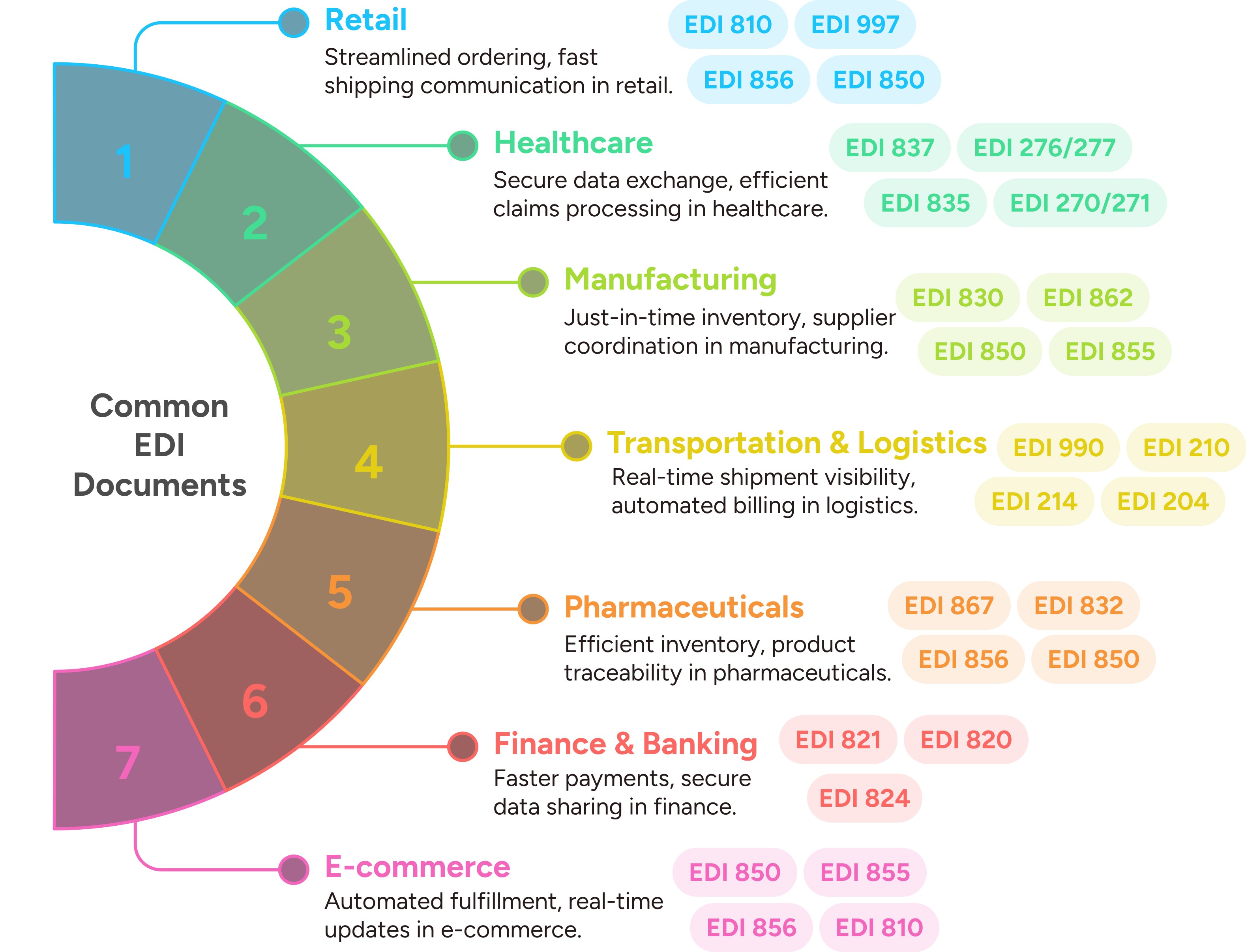
Why Use Industry-Specific EDI Codes?
Using the right EDI transaction codes for your industry ensures your systems are aligned with your trading partners, improves operational efficiency, and supports compliance with industry standards.
When you’re working in retail, logistics, healthcare, or manufacturing, using common EDI codes makes communication faster, more accurate, and easier to automate.
Conclusion
Understanding industry-specific EDI codes is key to building efficient digital supply chains. Whether you’re just starting with EDI or looking to improve your processes, knowing which codes apply to your business will help streamline operations and improve partner collaboration.
Need help setting up or optimizing your EDI workflows? Our team is here to support you-and with our EDI Generator, you can easily create and customize the EDI documents tailored to your business needs, without the complexity.

Talk to an EDI Expert
Join hundreds of organizations already taking full control of their B2B AS2 communications with our trusted solutions. Contact us today to tailor a solution that fits your specific AS2 EDI needs.
Related Articles
View All BlogsExplore our product stack
Try before you buy with a 30-day Free Trial
No commitment, all value. Try the AS2 Solution Risk-Free and discover how our solutions can transform your business workflows. No credit card required.
Explore Your Possibilities
Elevate AS2 Communications with our EDI and AS2 Solutions
See how our AS2 and EDI solutions can simplify your integrations, boost efficiency, and keep you compliant—request a personalized demo today.




